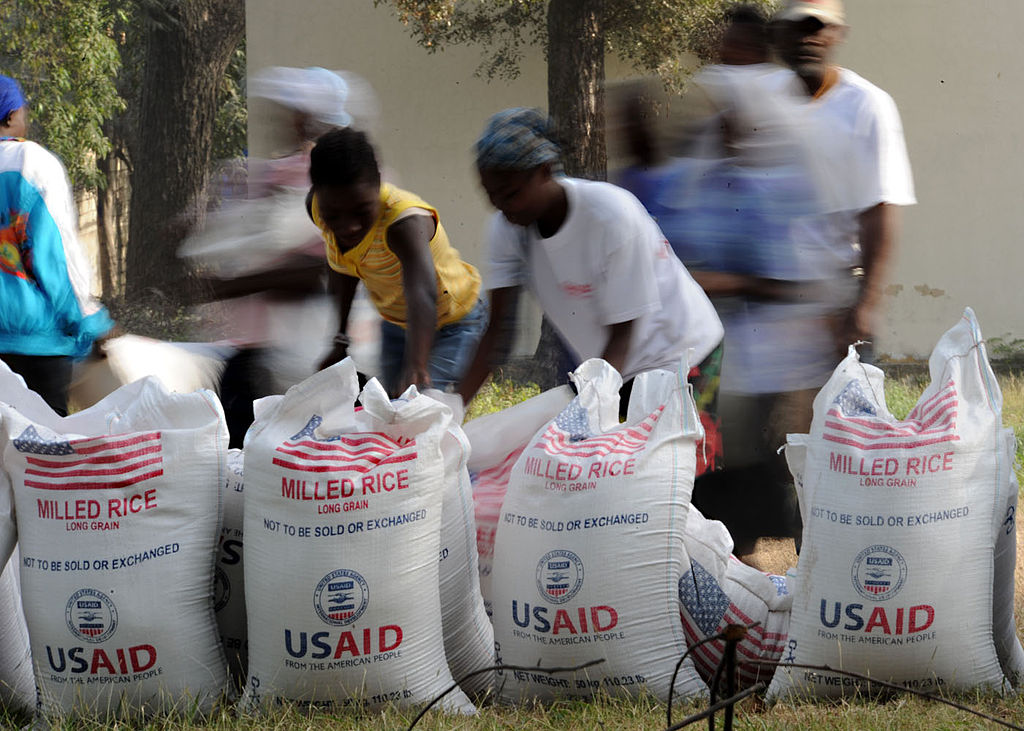
In our attempts to support struggling farmers across the developing world, Westerners have tended toward supporting a particular set of preferred “solutions,” whether purchasing “fair trade” products or donating funds to specific causes.
Unfortunately, such efforts typically tinker on the surface, either outright ignoring the fundamental forces at play or contributing to a widespread distortion in prices.
So how do we get at the root of the problem? How do we actually include our global partners in trade and exchange, fully acknowledging the gifts they bring to the table? How do we expand freedom and fairness for all without the price-fixing facade?
As we see in films like Poverty, Inc., U.S. agricultural subsidies play a significant role in continuing cycles of poverty — distorting market signals, misdirecting human action, excluding creative partners, and diminishing value across the board.
“Agricultural subsidies are a huge distortion for world markets, particularly the poor,” says Harvard’s Marcela Escobari in the following clip from Poverty, Inc. “They happen because local interests want to protect their markets, and they do that at the expense of other countries that don’t have the same power to negotiate the bilateral agreements with large powers like the U.S.”
Such subsidies don’t just block out farmers from creative exchange. As the film also demonstrates, the surpluses they tend to create are often shipped off, rather ironically, as “charity” — flooding the same local markets that struggle to overcome the initial exclusion.
Andreas Widmer explains:
What the companies in the rich countries do is they lobby the governments and say, “We need to have protection from competitors from poor countries, so they block them out, first with tariffs and import duties, and then they ask the government for subsidies so they can produce more. Then they produce a surplus, and guess what they do with the surplus: the surplus goes and is dumped into poor countries, so what we end up doing is destroying the local market and destroying the very companies that we first blocked out of our market.
In 2010, former President Bill Clinton admitted as much, apologizing for the effects of our agricultural policy on the farmers and people of Haiti. “It may have been good for some of my farmers in Arkansas,” Clinton says, “but it has not worked.”
Changing our approach to America’s agricultural policy is no small task. It involves the disentanglement of deeply entrenched corporate and government interests. It requires significant political risk and will on the part of elected officials. It demands a cultural recognition of free trade as mutually beneficial.
Surely it would be easier for us to simply purchase the marked-up “fair trade” coffee and hope these more fundamental problems will somehow go away.
But as Christians seeking the best for our neighbors, both at home and abroad, those systemic issues deserve our attention and focus.
As Victor Claar writes in the conclusion of his marvelous book on fair trade, “The question that should gnaw at us most deeply is how we can each be effective forces to bring about a world in which…all people share together, with enduring personal dignity and freedom, the blessings and rich abundance of God’s gracious and innumerable gifts intended for us all.”
Instead of tinkering with prices at the top, pretending that doing so constitutes “fairness,” we should retain focus on the actual forces behind the disparities. From our charity to our consumerism to our agriculture policy to our trade policy, let the sharing begin.
Image: Public Domain

